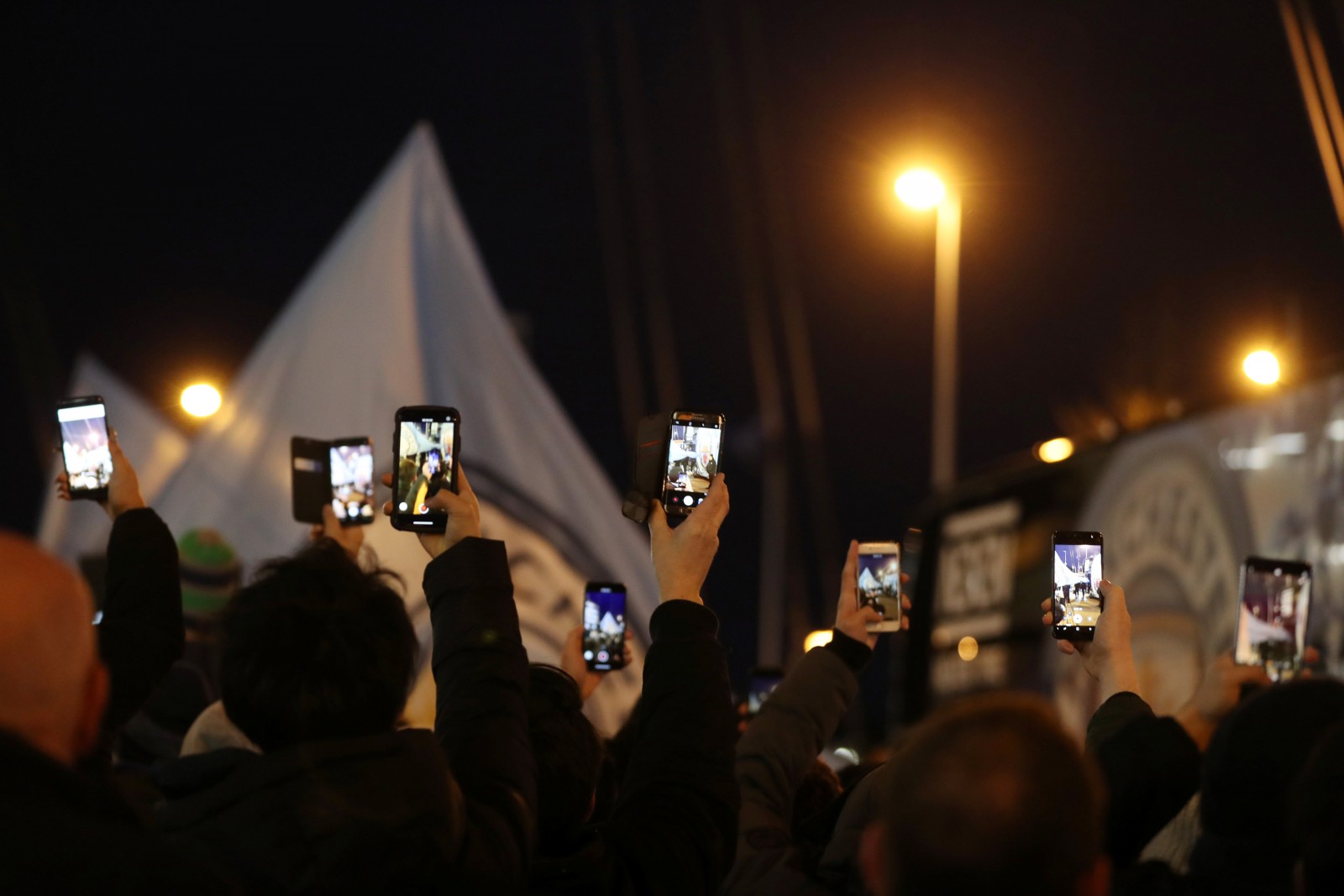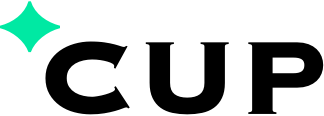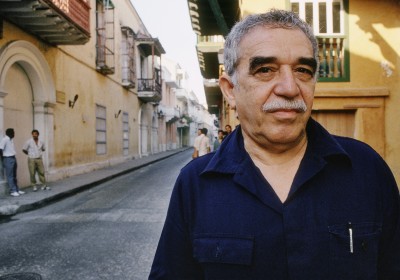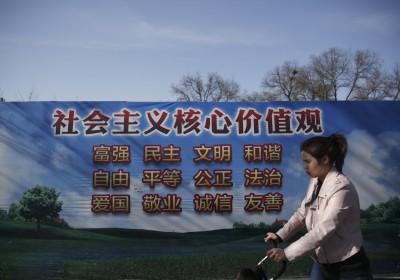
(翻譯內容以英文版本為準)
所謂社交媒體,有點不妥,是不是令人類生活無意中受害,人人內心,今日都感到有點不對勁。
今天新流行的名詞,叫做「數據排毒」。有人開始嘗試擺脫網絡的束縛。然而網絡世界到底有何害處?你只是隱約感到,而不知其所以然。
年長一輩看見後生沉迷手機網絡,就皺眉頭,一副鄙視的樣子。你對網絡的憂慮,大可不必將老人家那副樣子計算在內。首先,社交媒體確實革新了傳統的傳媒,令資訊更快傳達,成本更低,而且在新聞資訊之間,建立了人際關係。這不是好事嗎?
許多人指出:使用社交媒體,會令大腦中的多巴胺受到麻痹。多巴胺是一種主管滿足感的荷爾蒙。一條消息,幾行文字,可以贏得幾多個 Like,或被人標記之後分享幾次?
人際的交流,不也是這樣的?但社交媒體可以刺激大腦中的多巴胺,令人感到高興。因為社交媒體可以製造數量的幻覺。
在社交媒體發一文,得到的 Like、答覆,以及分享次數,都直接由數字來表達。一篇文章有一百、一千、一萬個「喜歡」,代表了得到許多不認識作者(或稱「樓主」)的人的留意。
18 世紀德國哲學家康德說過:人必須主宰命運,做自己的主人,不要淪為別人的手段和工具。但是,社交媒體能奉獻的數字,引起人心的貪婪,造成的後果卻與康德的期望適得其反。Like 我們的人是誰,為甚麼他要「喜歡」我,為甚麼他要「轉載」和「分享」我的意見,並不重要。我只需要一個 Like 代表多一個數字。
將一大堆人,化為一個數字,往往是鑄成大錯的第一步。因為螳螂捕蟬,當你在不斷收集數據的時候,黃雀在後,作家歐威爾的警告:一個極權的老大哥正在監察你,他也在細數你的 Like 數。
這個正在監察你的老大哥 —— 極權,不一定要有一個皇帝高高在上,網絡世界,由無數人聚集成一種集體的接受獨裁管控的意識,由每一人來堆磚砌瓦。
當然不需戒絕網絡。下次你在社交媒體發表高見時,先不要理會數字,盡量看看喜歡和分享的那些人的面孔,然後想一想:他們是誰?你認識他們嗎?你要認識他們的原因是甚麼?用大腦駕馭電腦,避免「社交媒體(Social media)」淪為「反社交媒體(Antisocial Media)」。
People, numbers, Orwell

Everybody, deep within, has at some point or another the feeling that there is something wrong with social media, and we might all be inadvertently ruining our lives with it.
This happens to the extent that people now often speak of “digital detoxing” and of trying to break free from the network. And yet it is quite difficult to say exactly what is wrong with it.
The frowns and condescending looks of the elderly can hardly be responsible for this intuitive worry. After all at a first glance social media seem like nothing but a sped up, lower effort requiring version of conventional media, or even just of personal relations.
Many claim that the issue is that using social media numbs the mind with dopamine, the hormone of satisfaction, a little hit of it every like and message, or tag that we get. But this is true also for real interactions. In fact these dopamine hits are what trick our brains into enjoying social media in the first place.
The key difference, which affects us negatively, is in fact another, it is the illusion of quantification.
The likes, replies, times shared of content appear bluntly with the number of times it happened.
And so one goes for a quest: 100, 1000, 10,000 likes, trying to get the attention of people whom we don’t really know.
The XVIII century German philosopher Immanuel Kant famously wrote that human beings should be treated as an end in themselves and not as a means to something else. But the attention greed of social media is obtaining all the opposite: it doesn’t really matter who it is, why they like and share our media, after all they only count 1, to be added to the many others we think of likewise.
But to reduce people to numbers is often the first step to great mistakes. It is very easy to envision this as the road to an Orwellian dystopia: big brother is watching you, and he’s counting your likes.
But the true force of this regime is that it would not look like one at all. There is no need for anyone on top, for a supreme leader of the internet collective consciousness: we do it all by ourselves.
My idea is but this: the next time that you publish something on a social platform, ignore the number, but look at the faces of the people who like and share it, recollect why we know them, if we still really do, and thus prevent social media from becoming antisocial media.














